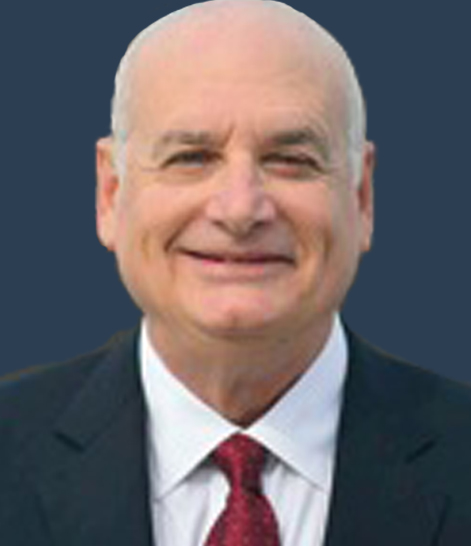
There is no segment of the entertainment industry where opportunities for entrepreneurial start-ups are greater than for interactive app developers/publishers.
The hours are long, the creative and technical challenges huge, and the odds against success, as in all entertainment industry segments, overwhelming. But the opportunities, independence, creative freedom, and upside make these start-ups irresistible for young entrepreneurs.
Gerard Fox Law's games industry practice recommends that start-ups begin working with counsel even before formation of a new company. There are many perils out there that can trip up the new venture even before it takes its first step. An example, but far from the only one, is making sure to the greatest extent possible that there is a clean exit from former employers.
Recently, a Dallas, TX jury awarded Zenimax Media, Inc. $500 million in a case brought against VR leader Oculus, its two founders, and John Carmack, the highly respected designer and lead programmer of classic games Wolfenstein 3D, Doom, Quake, Rage, and their sequels. The award is based on a claim that Carmack, while a Zenimax employee and using Zenimax technology, helped Oculus co-founder Palmer Lucky, himself a former Zenimax contractor, develop a VR demo using Zenimax tech and the company's Doom 3 title.
Zenimax's claims were disputed at trial. Far from taking Zenimax tech, Carmack asserted he had rewritten all VR code after he left the company and that the Zenimax code would not run in the Oculus Rift. Carmack strongly denied all claims made against him. In the end, the jury sided with Zenimax.
Zenimax sought $2 billion in compensation and an additional $4 billion in punitive damages. The jury, in awarding $500 million, in perhaps a small victory for Oculus, rejected Zenimax's claim that Oculus had stolen one or more Zenimax trade secrets.
So how did this dispute arise? Generally, work product developed while an employee or contractor, is and remains the sole property of the employer. Many states, including California, have qualifications to that standard.
When considering departing an employer for an entrepreneurial start-up, an attorney can work with the future founders of the new venture to explore their circumstances of departure, future plans for the start-up, what each founder will bring to the venture, what each founder and early stage employee was working on or may have knowledge of up to the time he or she separated for the new venture, applicable state law controlling ownership of work product and associated intellectual property, and how to best depart a former employer on the best possible terms so as to avoid future claims.
There's never any assurance that a Zenimax-type claim won't surface. But for a new or early stage company trying to raise capital, such a claim can be an instant killer. One job of early stage counsel is to work with the client to identify and minimize these risks.
Oculus and the individual defendants will appeal. And Oculus has a very deep pocket at its side in its parent, Facebook. But this case shows the importance of taking steps to identify possible areas of difficulty, then identifying avenues to minimize or mitigate the risk of such claims.
The attorneys in the videogame practice at Gerard Fox Law have been advising video game start-ups and established companies since the formative days of the interactive games industry. We invite you to contact us to discuss how we may assist you.